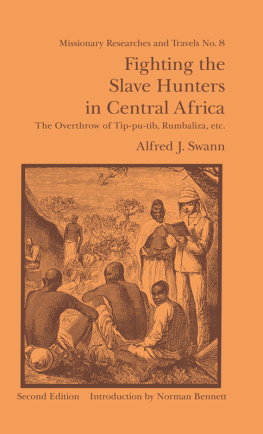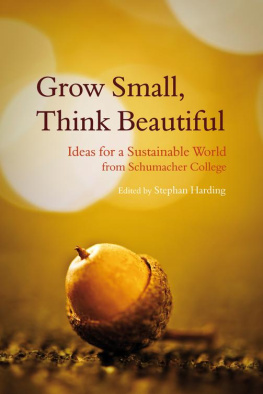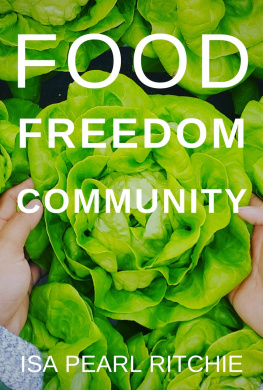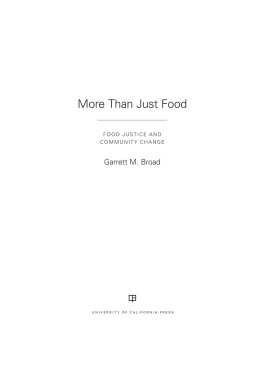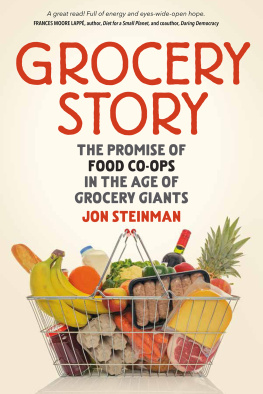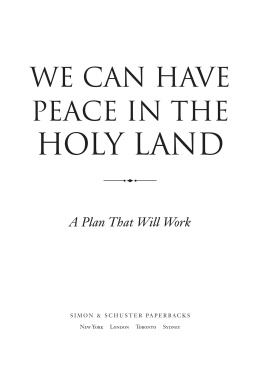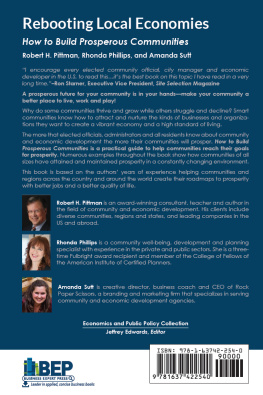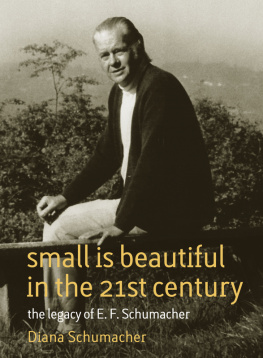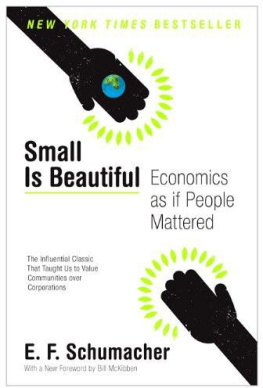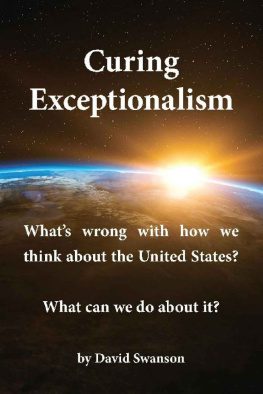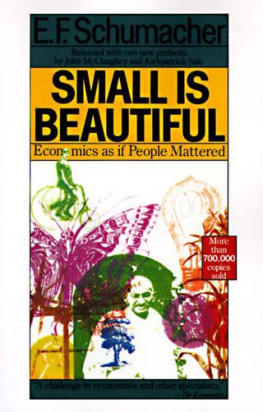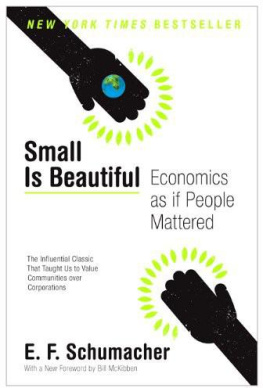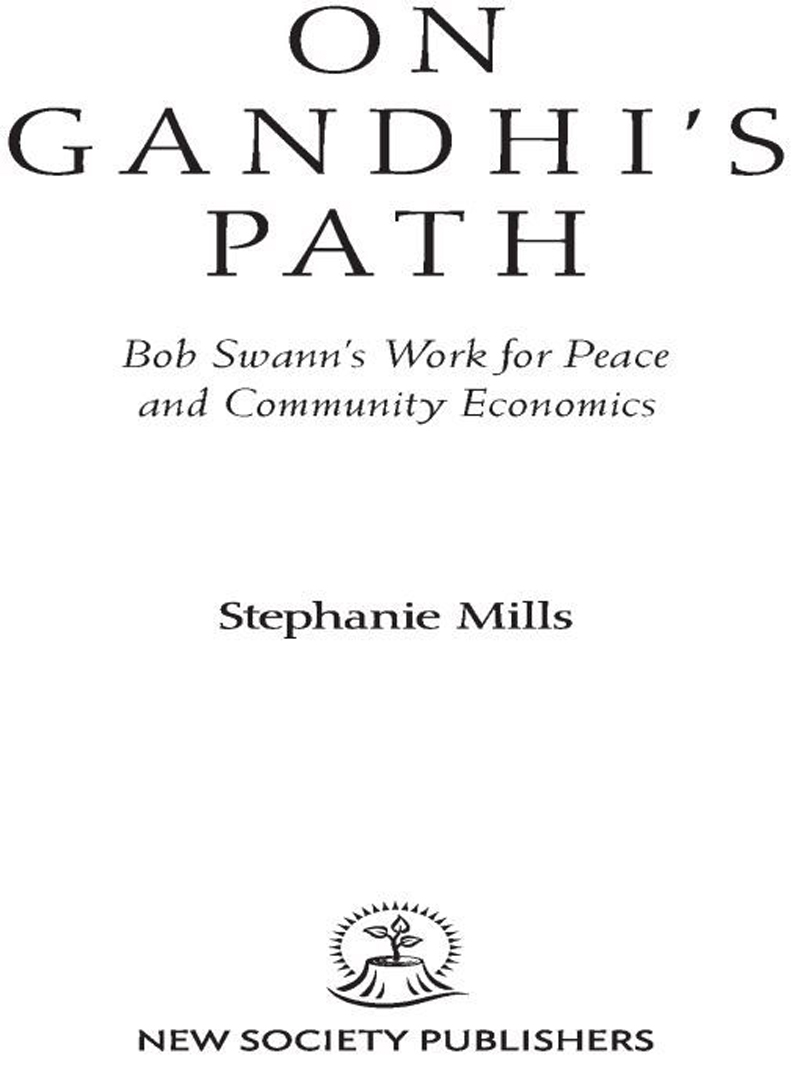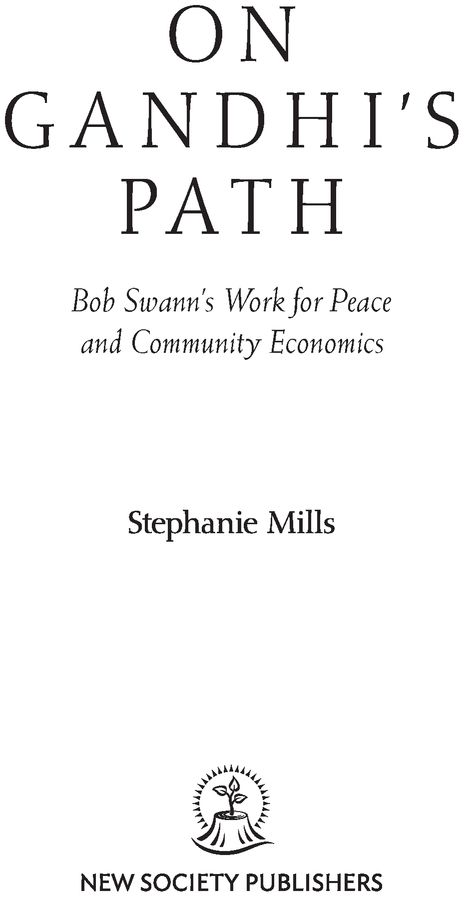Table of Contents
Advance Praise for
ON GANDHIS PATH
Stephanie Mills has described Bob Swans life with eloquence, elegance and profoundness and as a result the book is deeply engaging and enchanting. On Gandhis Path is a lucid narrative of the life of Bob Swann who was a living example of simplicity, humility and radicalism. This is a book which describes how a man offered himself to serve the people and the planet selflessly. This book is a good guide to all activists who are working to transform the world.
Satish Kumar, editor, Resurgence Magazine and
Visiting Fellow at Schumacher College
Bob Swann was the unsung American Gandhi. He was a pioneer in intentional communities, local currencies, populist architecture, cooperatives, radical decentralization, land trusts, draft resistance, and antiwar activism. Stephanie Millss biography exquisitely fills the historical void, showing how much a humble but determined individual could transform American life and reminding us of many of our ideals are still possible.
Michael Shuman, author, The Small-Mart Revolution
One of the great unrecognized heroes of the 20th century decentralist movement, Bob Swann here gets the careful, serious, and may I say loving, treatment he deserves.
Kirkpatrick Sale, co-founder, E.F. Schumacher Society,
and author, Human Scale
On Gandhis Path is the definitive, long-anticipated biography of Robert Swann, peace activist, economic reformer, writer, critic, scholar, social investor, builder, carpenter, family-man, visionary and my friend. We are fortunate that another visionary pioneer, Stephanie Mills tells this fascinating story.
Hazel Henderson, author, Ethical Markets
Stephanie Mills has reached into a forgotten part of history - the part where they put the plain spoken, the honest and simple, the peaceful tillers of the earth - and retrieved a relevant saint for our time. To the seven billion of us, hard up against converging consequences of horrendously bad choices made at a global scale, Bob Swann speaks, through his articulate and poetic biographer, of the way out. That path is lit, not with dangling ornaments of consumerism, militant fireworks, or grand political theater, but by Swanns lantern, held aloft by dint of his own life, revealing appropriately sensitive local economy and elegantly responsive local choice.
Albert Bates, permaculture instructor and author,
The Post-Petroleum Survival Guide and Cookbook and
Atmosphere or Agriculture: Carbon Farming and Climate Change
Preface and Acknowledgments
When, in 1999, Susan Witt, the executive director of the E.F. Schumacher Society and Bob Swanns life partner, invited me to work with Bob on his biography I was honored and instantly agreed. I knew and admired both Bob and Susan and was grateful for their endeavors in the world. Learning more about Bobs works and days and helping to convey his story to readers was a rewarding prospect.
Before I was able to begin our collaboration Bob completed his book Peace, Civil Rights, and the Search for Community. It was posted on the Schumacher Societys website and is well worth reading. was posted on the Societys website.
In 2004 this rookie biographer had the incalculable good fortune to begin a correspondence with Paul Salstrom, an historian who had known and worked with Bob during the 1960s and 1970s. Salstrom generously copied sheaves of relevant material from his own archives, obtained scholarly articles, commented on drafts of the manuscript and offered his own recollections and insights. He has been a wonderfully responsive and supportive pen pal throughout the project.
Also in 2004, The Mesa Refuge in Point Reyes, California provided me with a months residency. A seaside conversation there with the founder Peter Barnes, an entrepreneur and writer on matters economic, helped steer my work. The Mesa Refuge not only gave me a beautiful perch in the company of fellow writers but a base whence I could venture out to interview Bobs former wife Marjorie Swann Edwin and their four children Dhyana, Judy, Carol and Scott all of whom lived in northern California. On several occasions over the course of this work Bobs brother Jim Swann took the time to speak with me.Jim kindly provided copies of letters Bob wrote him from prison as well as some photographs. Richard King, the late Dhyana Swanns husband, also helped provide photographs.
In 2005, Christopher Plant at New Society offered to publish the book before you. As a stalwart of the bioregionalist movement, Plant was aware of Bob Swanns work in community economics and its relevance to the ecosocial movement lately being called relocalization. New Societys recognition of the importance of a book on Bob Swanns life and work crystallized the project and gave it an actual deadline.
By 2008, it was necessary to find further funding to complete the work on the book. Harriet Barlow, director of the Blue Mountain Center, put out an appeal on behalf of the Swann Book Project. A score of friends generously responded. Thanks to Katie Alvord and Kraig Klungness, Ernest Callenbach and Christine Leefeldt, Fritjof Capra, Jim Crowfoot, John Diamante, Suzi Gablik, David Haenke, John Knott, Barry Lopez and Debra Gwartney, the Leslie Jones Foundation, Jerry Mander, Bill McKibben and Sue Halpern, Tad Montgomery, Coco and Roger Newton, Christina Rawley and Ron Zweig, Paul Salstrom, Tom and Darylene Shea and the Tides Foundation for the gifts that kept the lights on and the author fed.
That summer Jonathan Cobb, a consummate bookman, bestowed another vital gift in volunteering to read and comment on the manuscript. Ingrid Witvoet, managing editor at New Society shepherded the book and offered sage pep talks to the author. Betsy Nuse, the copy editor, nicely groomed the prose. Boundless gratitude to all the members of the village that it took to raise this book!
In the years since Bob Swanns death, the Schumacher Society which he and Susan founded has continued to develop its usefulness to a worldwide community of individuals and organizations seeking practical, moral alternatives to heedless gargantuan economics as usual. The Societys most celebrated recent accomplishment was its successful launch of BerkShares, a local currency. To date millions of dollars in local exchange has been conducted in BerkShares. BerkShares rapidly became an inspiring model for scores of other local currencies, drawing thousands of inquiries to the Schumacher Society website.
Out of the limelight and quite as important is the ongoing intellectual community organizing that Witt and her colleagues at the Schumacher Society do through their research, education and consultation. To learn more about Schumacher Society activities and resources, visit their website smallisbeautiful.org or write to the E. F. Schumacher Society, 140 Jug End Road, Great Barrington, Massachusetts, 01230 USA.
Robert Swann: An Appreciation
From my several encounters with Bob Swann, beginning about 1980, I have a good many memories of him that are dear to me. What I know from all of them is that he was never a man who in any way falsified or misrepresented himself in order to make an impression. Or, to put it a different way, your impression of him after you had known him for a few hours would stand the test of knowing him for twenty years.



